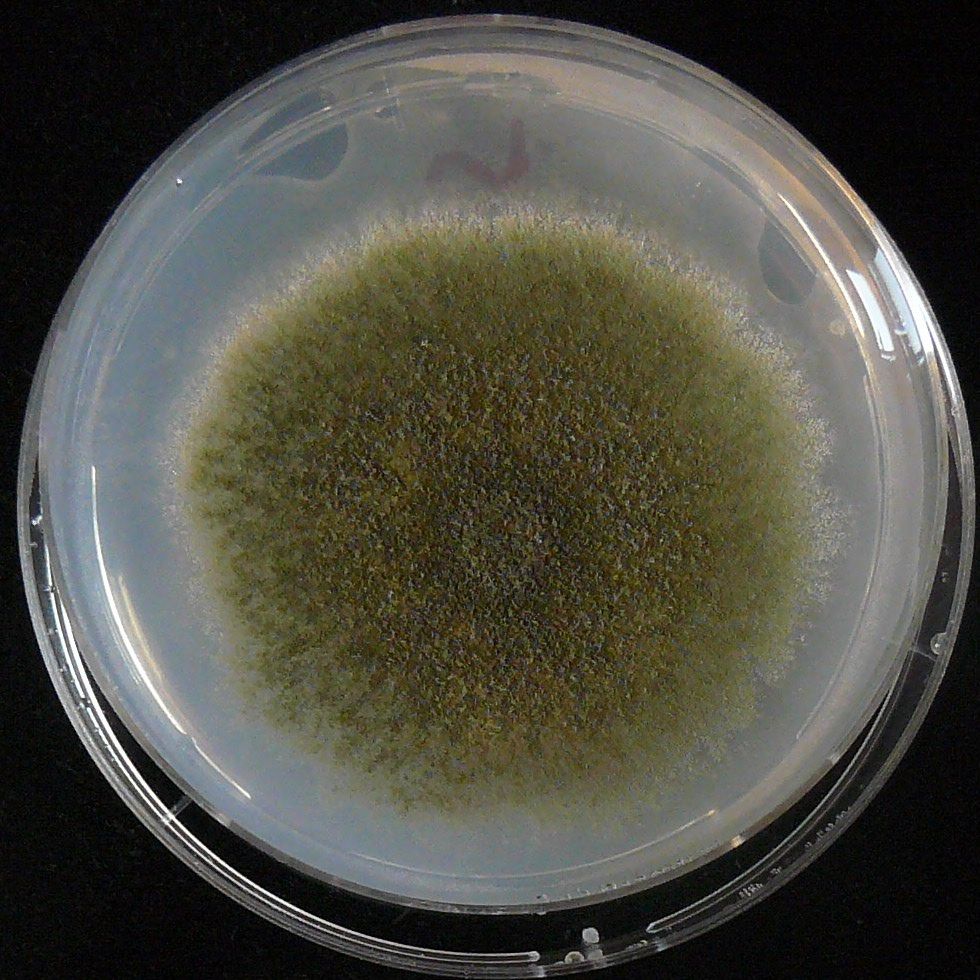NASA Scientists Are Trying to Make Medicine Onboard the ISS
Scientists are sending fungi to the space station to see what pharmaceuticals astronauts can brew
/https://tf-cmsv2-smithsonianmag-media.s3.amazonaws.com/filer/e0/d3/e0d300e8-eca4-49f4-9a38-30604b657748/42-36247532.jpg)
As NASA and other space agencies begin taking a serious look at sending astronauts to deep space, finding ways to keep crews healthy is among their top priorities. So having medicine on hand will be critical in planning longer missions in the future. Now, scientists are sending a batch of fungi into space to see what the astronauts can brew.
“This is an ambitious project for NASA to see if we could have some breakthrough in space biology,” NASA researcher and co-principal investigator Kasthuri Venkateswaran said in a statement. “NASA needs to develop self-sustaining measures to keep humans healthy in space, because calling 911 is not an option.”
Medical history has shown that revolutionary pharmaceuticals can come from unlikely places. Penicillin was famously discovered by accident, and scientists have sought new cures everywhere from 1,000-year-old texts to moldy sloth fur.
Following in the footsteps past medicine hunters, NASA researchers hope that the extreme environment on the International Space Station (ISS) will alter a type of fungus called Aspergillus nidulans in ways that reveal new insights on how to make medicines on Earth and in space, Becky Ferreira reports for Motherboard.
A. nidulans is already used to make some types of drugs that treat osteoperosis, a condition that astronauts are particularly susceptible due to microgravity. However, the researchers believe this is only scratching the surface of what the fungi is capable of, Shannon Hall reports for Space.com.

This theory focuses on a type of molecule called secondary metabolites that are produced by some species of fungi, including A. nidulans. These molecules can be used to make all sorts of pharmaceuticals, but fungi don’t produce them under normal conditions, Ferreira reports.
"The high-radiation, microgravity environment in space could prompt Aspergillus nidulans to produce molecules it doesn't create in Earth's less-stressful conditions," study co-investigator and pharmacologist Clay Wang said in a statement. "We've done extensive genetic analysis of this fungus and found that it could potentially produce 40 different types of drugs.”
If Wang and Venkateswaran’s theories are right, the fungi could potentially be used to manufacture molecules used to treat illnesses like cancer and Alzheimer’s disease. At the same time, learning how the fungi reacts to the stresses of space could help develop methods for manufacturing medicines on long space flights in the future, Ferreira reports.
“NASA's human mission to Mars is expected to last anywhere from one to three years,” Wang said in a statement. “Not all drugs are going to be stable in that time period, so the ability to make drugs in space will enable us to go further away from Earth and will also benefit future space explorations."
On April 8, researchers will send samples of the fungus along with other experiments aboard a SpaceX rocket to the ISS, where they will stay for several weeks before returning to Earth for further study in May. If the researchers are lucky, the fungal space travelers could provide new hints at making better medicine.